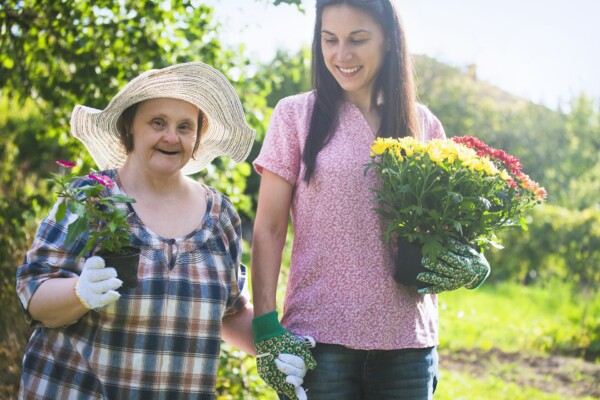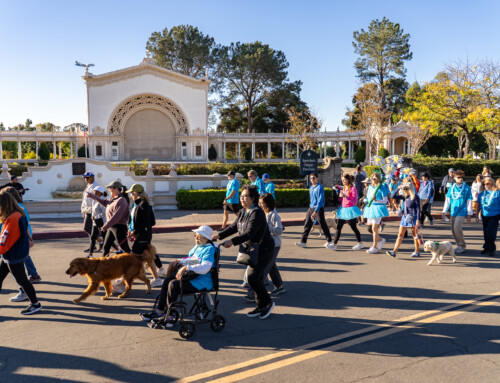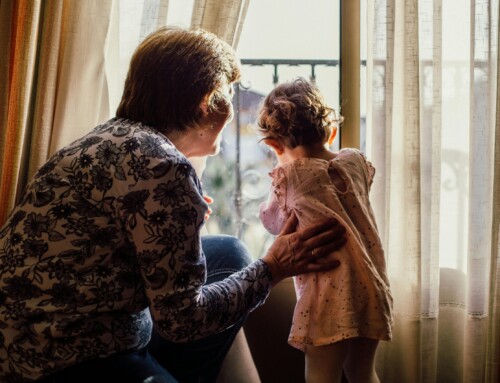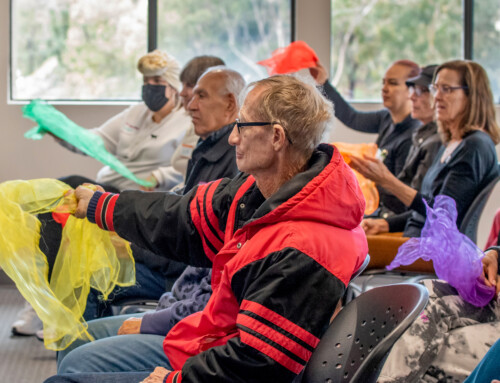
We strive to create new offerings for different demographics in need throughout San Diego County, and this includes IDD services. We have classes for professionals, as well as families of people living with intellectual & developmental disabilities like down syndrome, ADHD, and more. We also offer an IDD version of our Coping with Caregiving series. Details for each program are below.
IDD Education Classes
Living with IDD and Dementia
This class teaches families caring for people living with intellectual & developmental disabilities about how Alzheimer’s & dementia may affect them in the future. Topics include the causes of dementia, adapting to changes in behavior, planning for the future, & resources available to support families in the county. Sign up for the next class on 2/26/24 >
Supporting Those with IDD and Dementia
This training is for professionals working with people living with intellectual & developmental disabilities about how Alzheimer’s & dementia affects this vulnerable population. Topics include the causes of dementia, adapting to changes in behavior, & planning for safety concerns. Look our for the next class >
For more information about either of these classes, contact Joaquin Ortiz at jortiz@alzsd.org or 858.492.4400.
Coping with Caregiving for IDD Care Partners
Coping with Caregiving is a 5-week series to support care partners of those with both IDD & dementia. You’ll learn about dementia, develop new caregiving techniques, & learn how to relieve stress. If you’re interested in enrolling, please contact Kristen Romea at kromea@alzsd.org or 858.369.7240. A brief screening is required.
View our IDD page to learn more about how we serve the community here. Check out our free support groups, education classes, social activities, & more. You may also call our office at 858.492.4400 to speak with one of our Clinical Care Coaches (Spanish speakers available).
By Braulio Ambriz
RECOMMENDED: San Diego County’s Blue Envelope Program
*These projects are supported by grant number 90ADPI0066-01-00 from the U.S. Administration for Community Living, Department of Health and Human Services, Washington, D.C. 20201. Grantees undertaking projects under government sponsorship are encouraged to express freely their findings and conclusions. Points of view or opinions do not, therefore, necessarily represent official Administration for Community Living policy.





